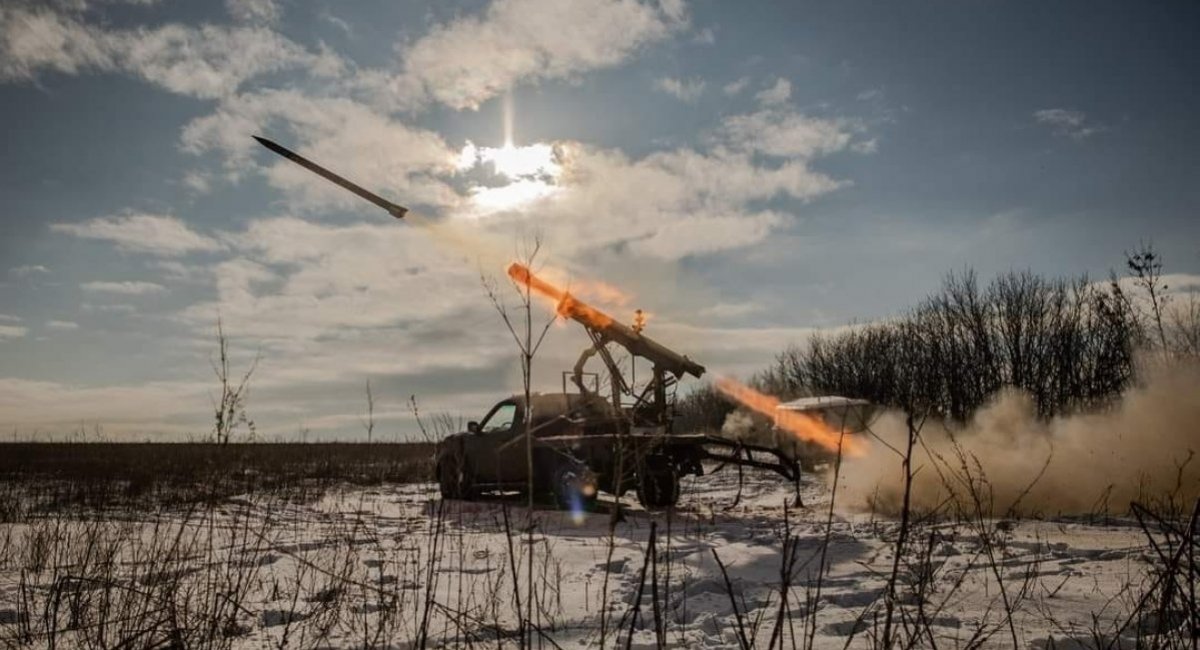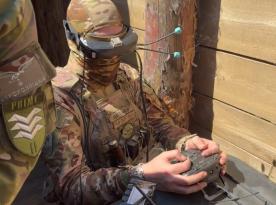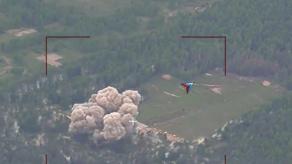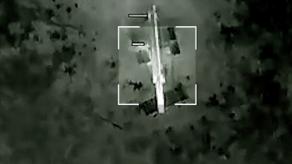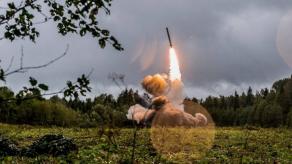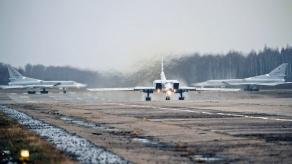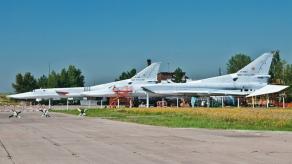The other day, Ukrainian defense industry experts, analysts, and members of the Defense Information Consortium gathered to discuss the key challenges the country is facing in wartime conditions and solutions that could reinforce its resilience and defense capability in the long run.
The public dispute titled "A new stage of the war with Russia: In search of security guarantees for Ukraine. Internal resilience plan" took place on December 16th, under the auspices of the Ukraine Crisis Media Center (UCMC). The Consortium brings together leading specialists from multiple institutions, including the National Institute for Strategic Studies, Defense Express, the New Geopolitics Research Network, and the Center for Army, Conversion and Disarmament Studies (CACDS).
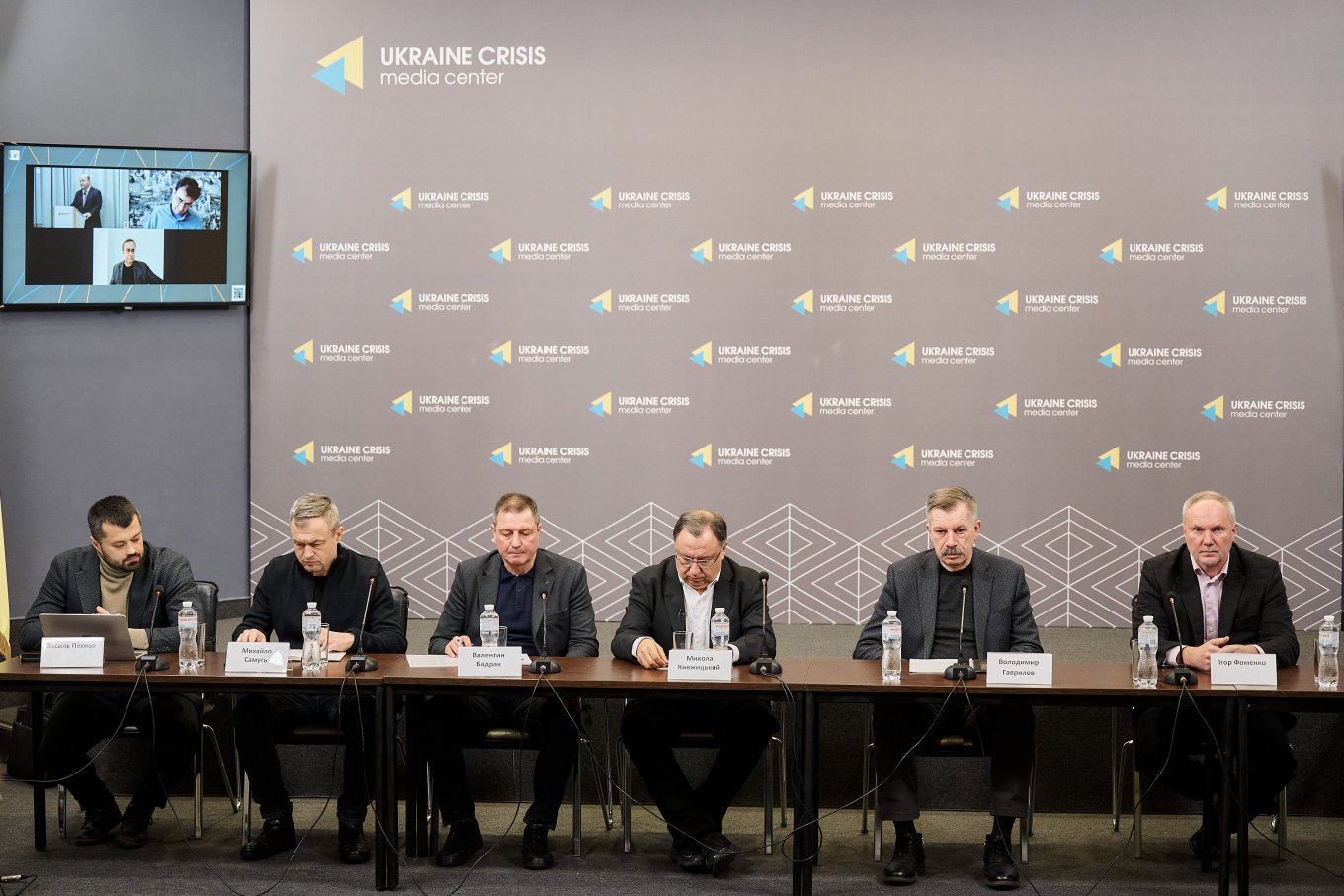
Key figures on Ukraine's defense industry as a whole were provided by Ihor Fomenko, Director at FEU Defence employers organization. Out of 1,000 enterprises in the domain, 120 belong to the state, with the rest of the market occupied by private companies. The total workforce is 300,000 people and the value is $30 billion. However, the workload barely reaches 40% meaning a significant potential for scaling up production. As to why this potential isn't realized, he explains:
"Our partners struggle to understand how state-run enterprises work. Appointing the management per the 'telephone justice' principle creates unpredictability and hesitation. There must be a clear understanding of the rules of the game to attract investors and ensure long-lasting cooperation," Fomenko said. He argues that better state policies can make investing in the Ukrainian government-run defense industry more appealing to international players.
On a separate note, Fomenko urges to accelerate decision-making in the field of innovative technologies, such as missile projects and electronic warfare systems, to set in place regulations of intellectual property issues, and reduce pressure from law enforcement agencies on business.
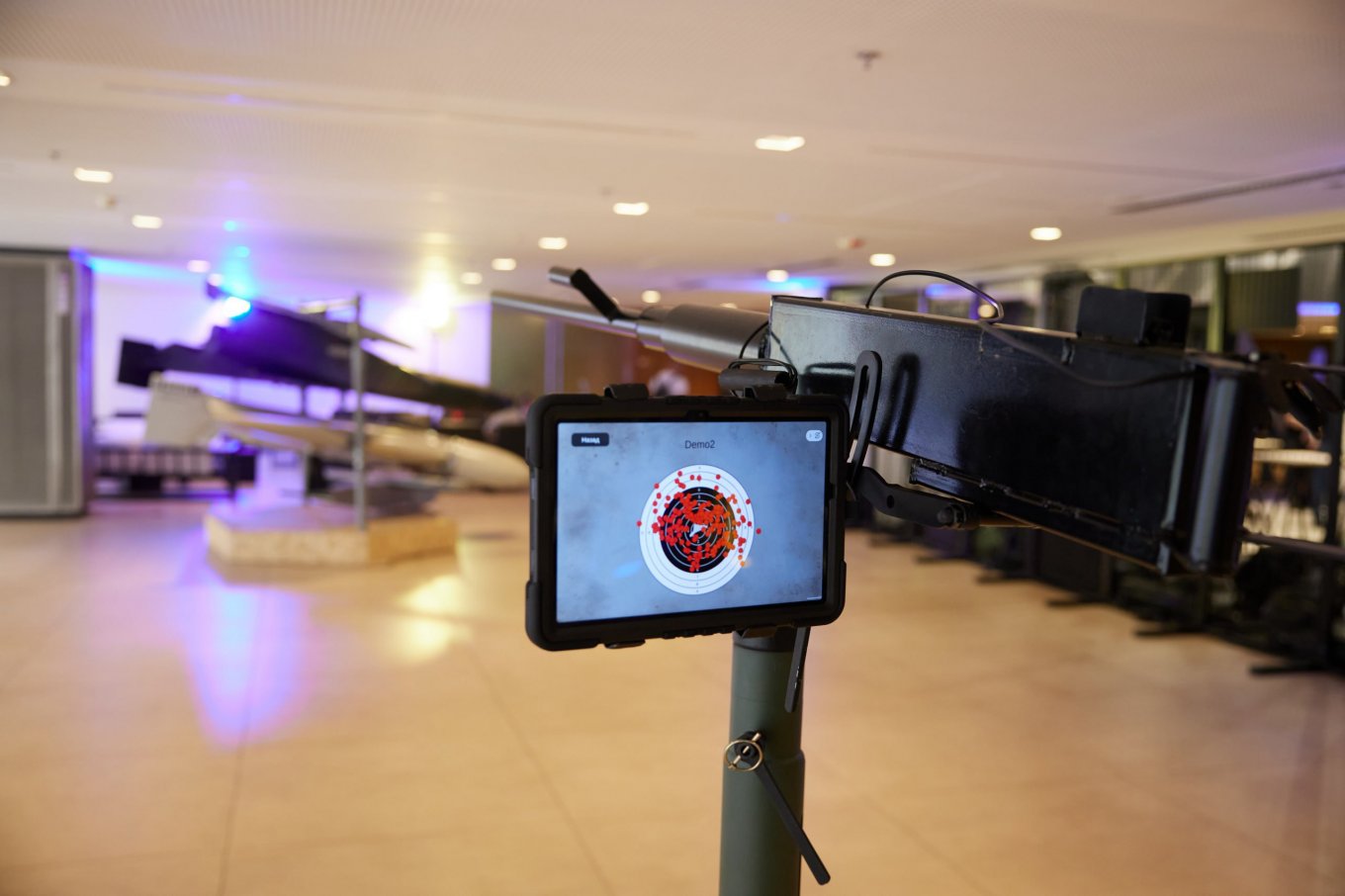
An interesting point was voiced by Mykhailo Samus, managing director of the New Geopolitics Research Network and co-founder of the Consortium: he believes that Ukraine should speak more openly about its potential in the field of nuclear weapons.
"We should not be shy talking about nuclear weapons. This complex was imposed on us 30 years ago. Europe should realize the importance of the nuclear component of deterrence, and Ukraine should be bolder in offering its potential," Samus stated.
He also emphasized that efforts to stop the war in Ukraine must rely on the balance of power, not compromises that only play into russia's hands. "The empire uses pauses to restore its strength. Partners should understand that such a pause is a time to strengthen Ukraine, not to lift sanctions or ease pressure on russia."

Analyst of the National Institute for Strategic Studies Oleksii Yizhak agrees with the statement. He says any pause in hostilities should be used to solve urgent problems in Ukraine's military sphere:
"Frozen conflict is a window of opportunity to solve a number of problems in the army, society, and defense capability. We must talk about real balances of power, and not rely on paper agreements that guarantee nothing," Yizhak said.
Among such problems lie in the communication between the authorities, business and society, notes Retired Major General Volodymyr Gavrylov. Various bureaucratic barriers stand in the way of technological advancement, a major advantage Ukraine has in the current war against russia:
"We have unique advantages: a dynamic society and technological solutions that will change the rules of the game. For example, the enemy can be destroyed at a distance of 200 km operating from the gray zone, without large units for assault," Gavrylov said.
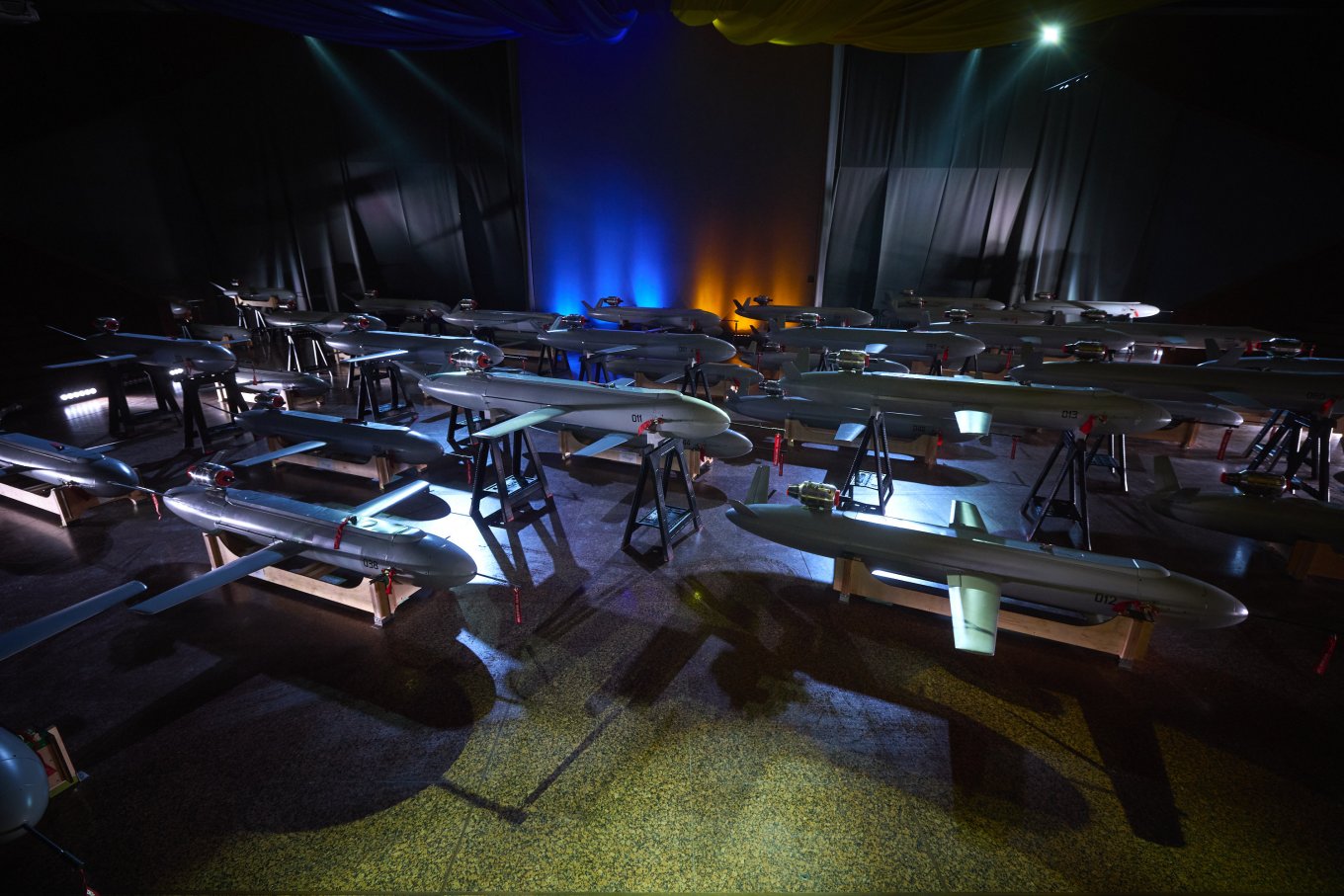
A factor often left out of view is information security, brought up by Mykola Knyazhytskyi, a Member of the Defense Information Consortium Supervisory Board Mykola Knyazhytskyi:
"russia uses fakes and social networks as weapons. We saw the example of Romania, where bots raised the rating of an unknown politician from 1% to 20% in a few weeks. These are methods that can also be used against Ukraine," he warned.
Repelling information attacks, he said, requires coordinated work by the state, experts, and civil society: "We are creating a network of analysts who fight fake news and build the resilience of society. Information security is the key to our victory."



